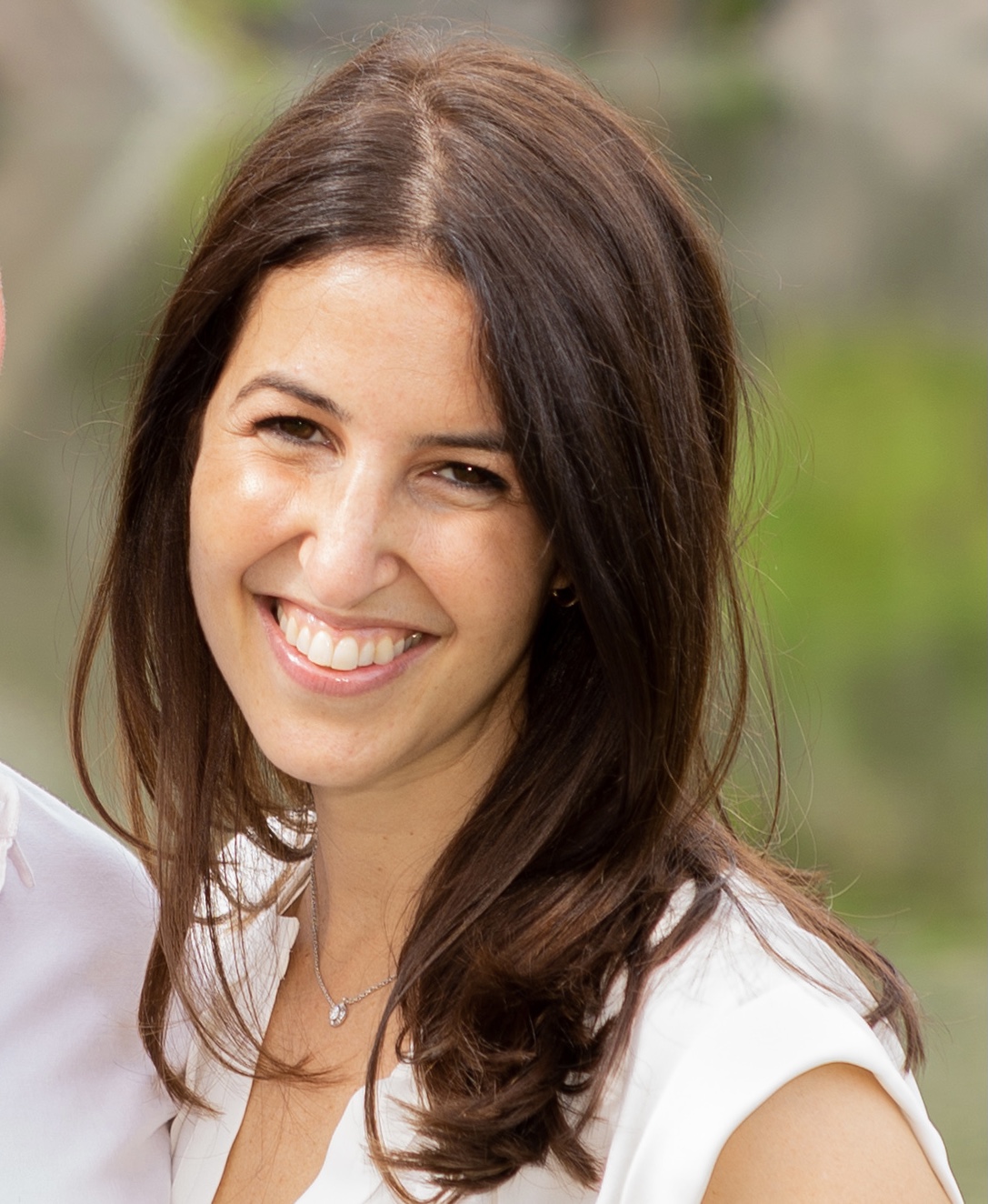It’s 2PM and he is still in bed, while the rest of the world whirls. At 26 years old, he has no idea what to do with his life, despite outstanding grades at the most prestigious private schools and an Ivy League degree. There was no plan beyond that. And no incentive — his bank account is full, and his ambition is empty.
I have learned much from my patients, most notably that stereotypes can be deceiving. Through my work as a psychiatrist in Manhattan’s Upper East Side, I see a surprising societal problem that remains unaddressed: Contrary to what one might expect, many children of the top 1% are really not thriving in their flashy lives, but rather struggling to function independently, largely owing to their wealth. They are suffering in silence.
It may seem hard to empathize with a young adult who has been given everything to succeed. Many have elite educational backgrounds, luxury apartments, custom wardrobes, private jets, summer homes, lavish vacations and chauffeured black cars, with no debt and seemingly nothing to worry about.
Beneath the shiny façade, however, often lies anguish. I have seen the consequences that privileged upbringings can generate. So many of these young adults are paralyzed by guilt and anger, inherited along with their trust funds. They often feel they won’t be able to exceed, much less meet, the perfectionistic standards of their parents (the same perfectionism that likely gave way to their parents’ financial success). Or worse yet, some are not held to any expectations, since there is no pressing need for hard work, or work of any kind. So why bother trying?
Society also seems to expect children of wealth to produce more, since they are given so many resources to begin with. As one of my patients put it: “If you start beyond the starting line, you have to finish beyond the finish line.” And where is the motivation for these “privileged” children to work, when they already have so much?
They often get stuck soon after college — the fear of mediocrity, the paralysis of excess, or sometimes a sense of entitlement that does not bode well with starting at the bottom of the working world’s hierarchy. And why should they, with so many millions of dollars already in their names? So they remain unproductive and dependent on their parents. It can also be harder for young adults to make the necessary separation from parents when money is involved, which further contributes to their paralyses. High net-worth parents may think they are protecting their children with money, but they may risk enabling their failures.
This can lead to isolation, with too much shame to talk about the discomfort of having fortunes they did not earn. These feelings are often minimized as “first world problems,” while the less fortunate are dying of disease and war in this very unfair world.
Given what I am seeing, it is not be hard to imagine how an inheritance can produce low self-esteem, anxiety, and depression. The lives of these children are often attributed to the wealth they have been born into, the gift of another’s hard work, and they believe they have earned nothing of their own. Some even assume that others associate with them only because of their family status, compounding the feeling of worthlessness.
It doesn’t have to be this way, though. In my office, I encourage an open dialogue regarding how their background affects them in the present. I have seen that there are many ways to foster happiness in these children of wealth, and avoid post-college burnout. This includes allowing them to form their own identities, setting limits, emphasizing experiences over materialism, teaching the importance of hard work, adversity, and allowing for mistakes, even failure. With these values in mind, individuals can gain confidence, motivation, humility, and resilience — arguably worth more than anything money can buy. And by applying these ideas early on, inheriting a fortune can actually be fortunate.

